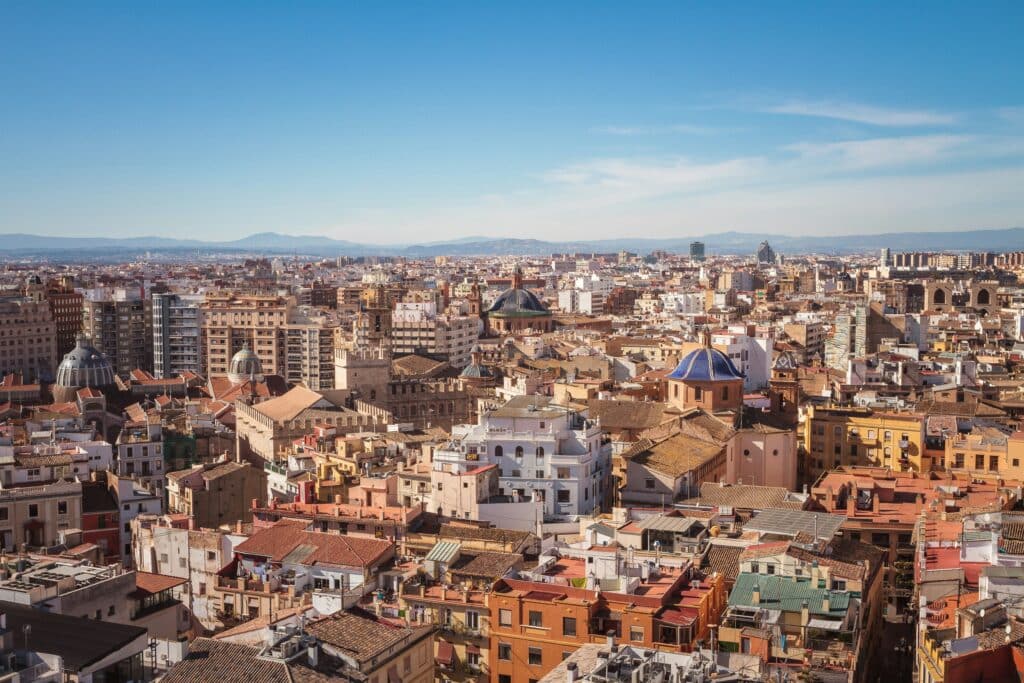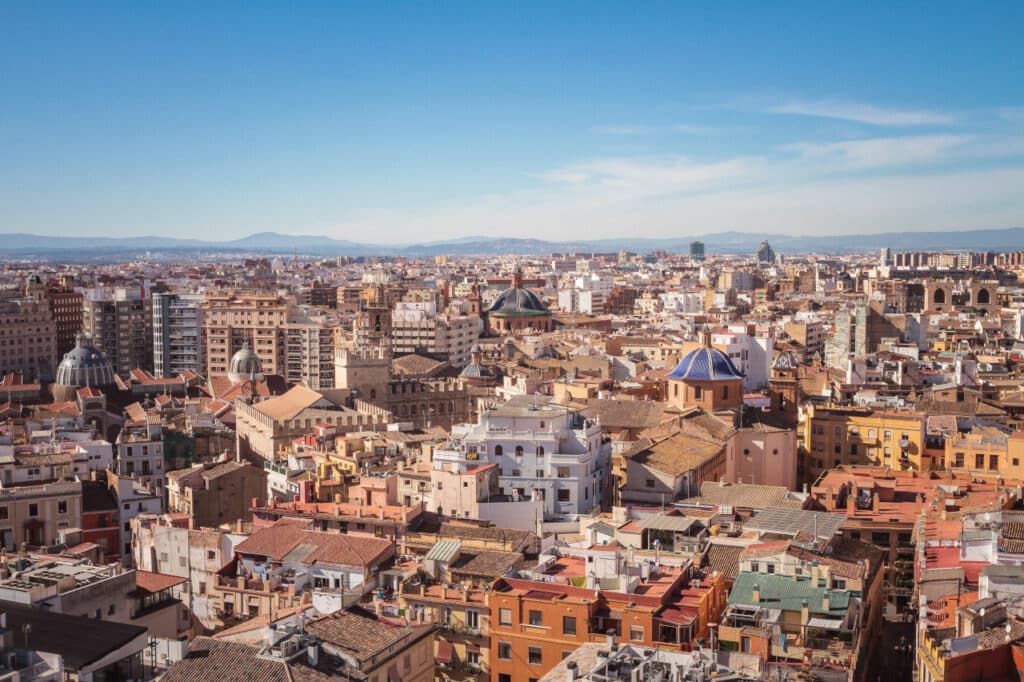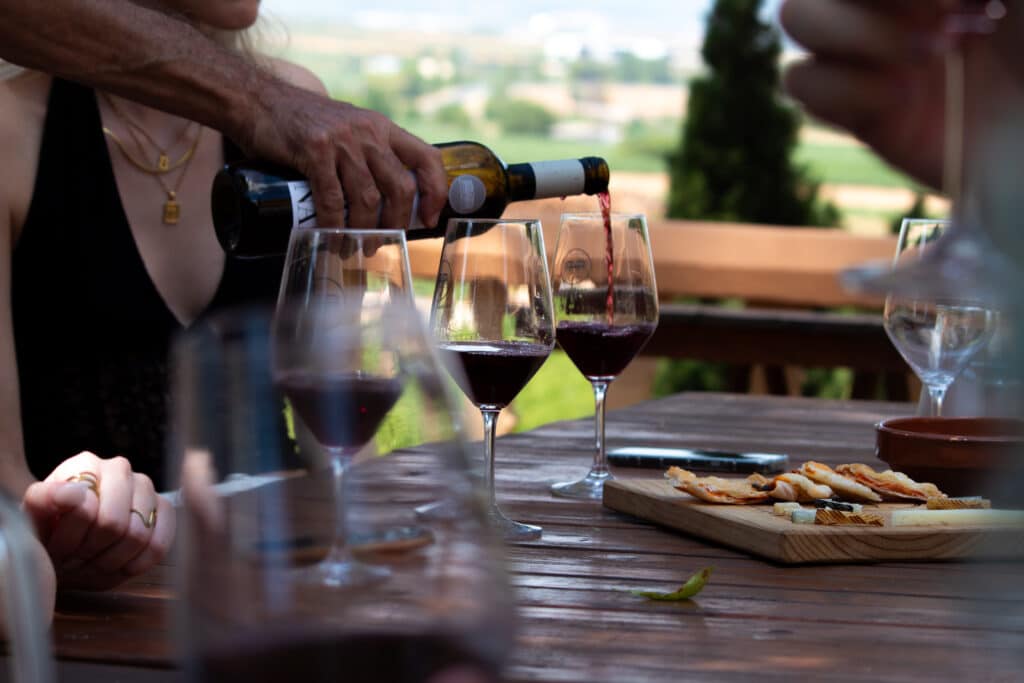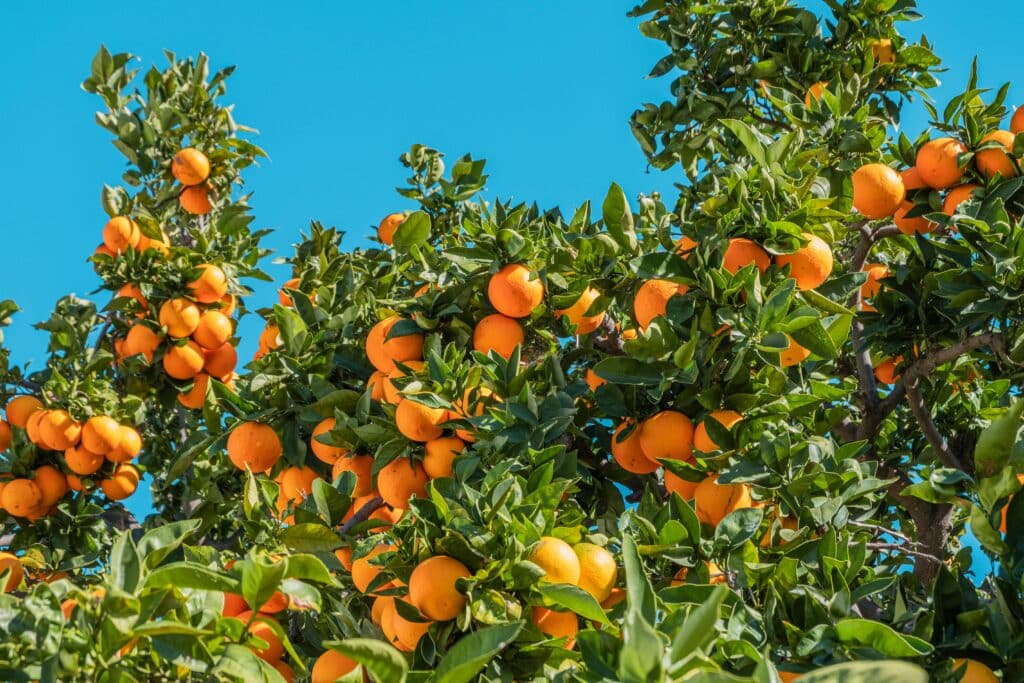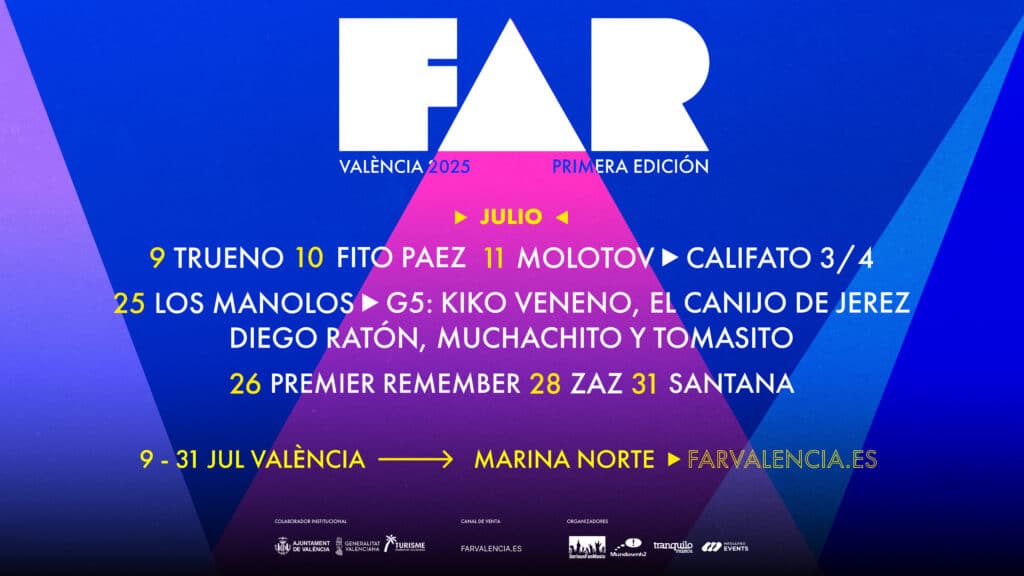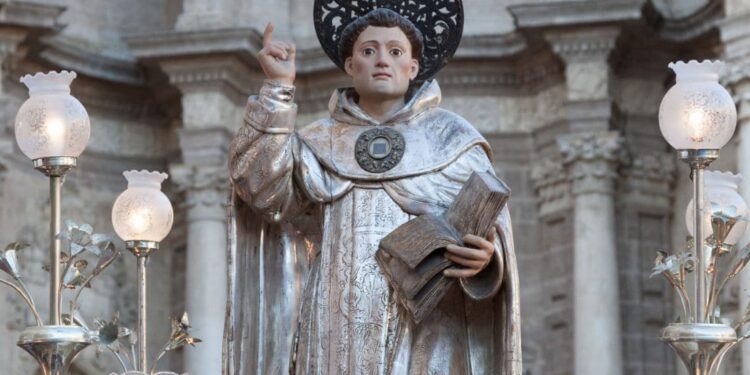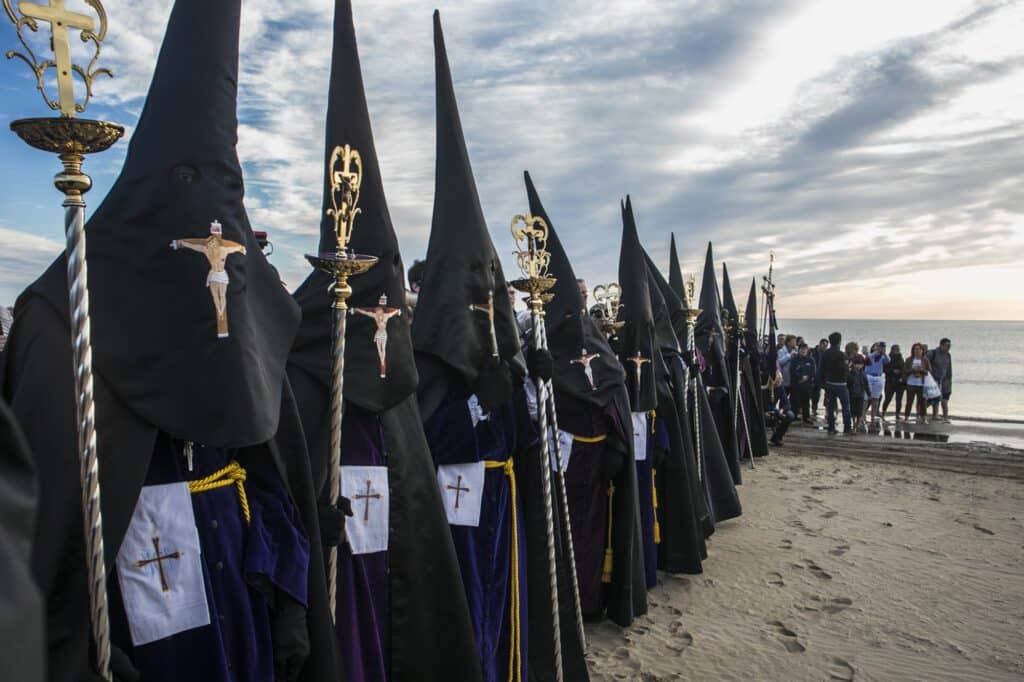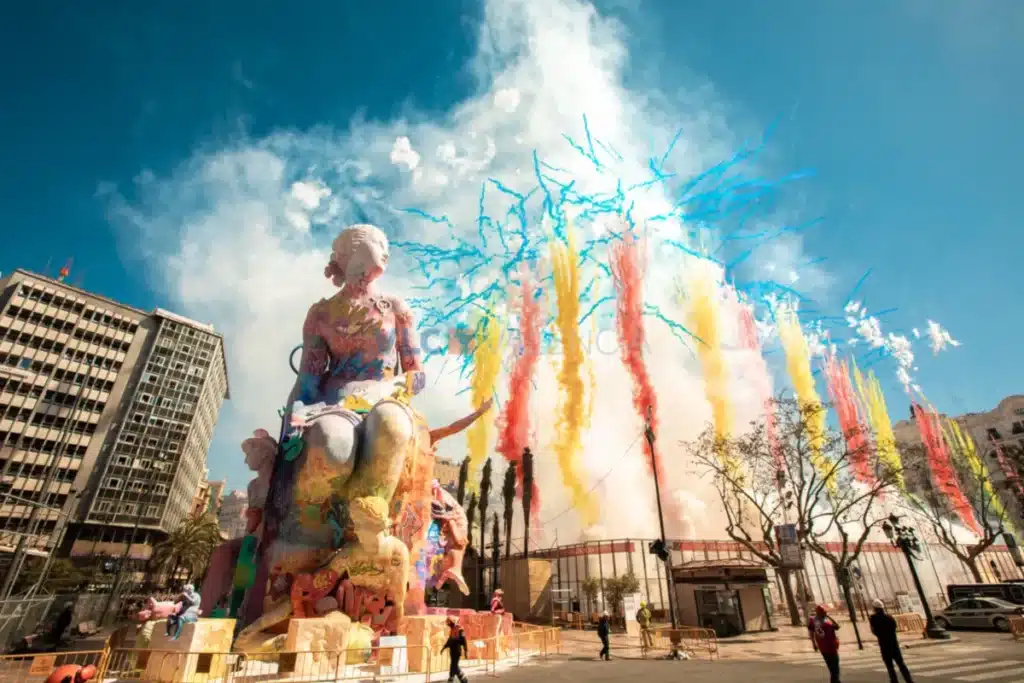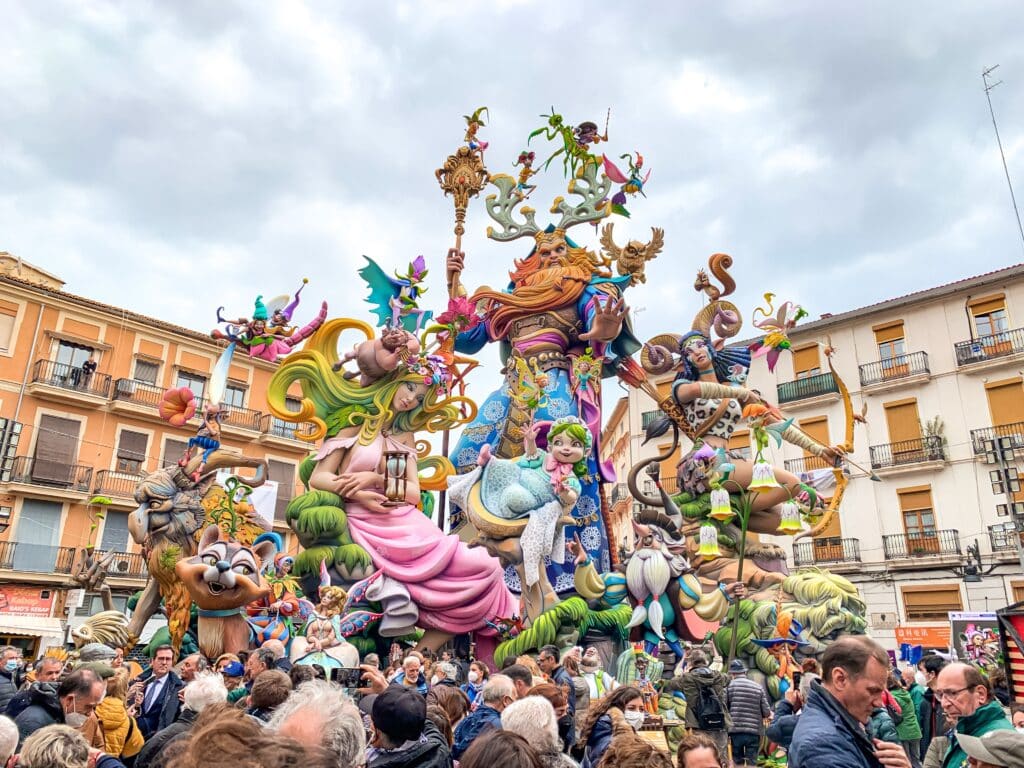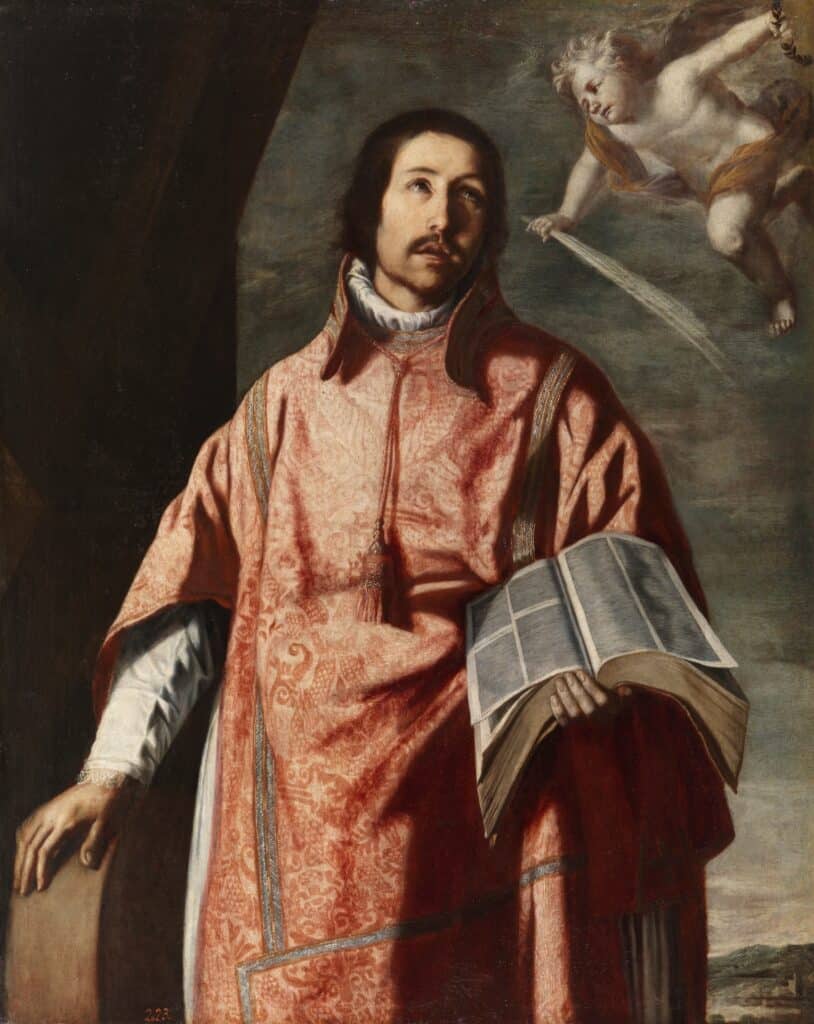The magical night of San Juan
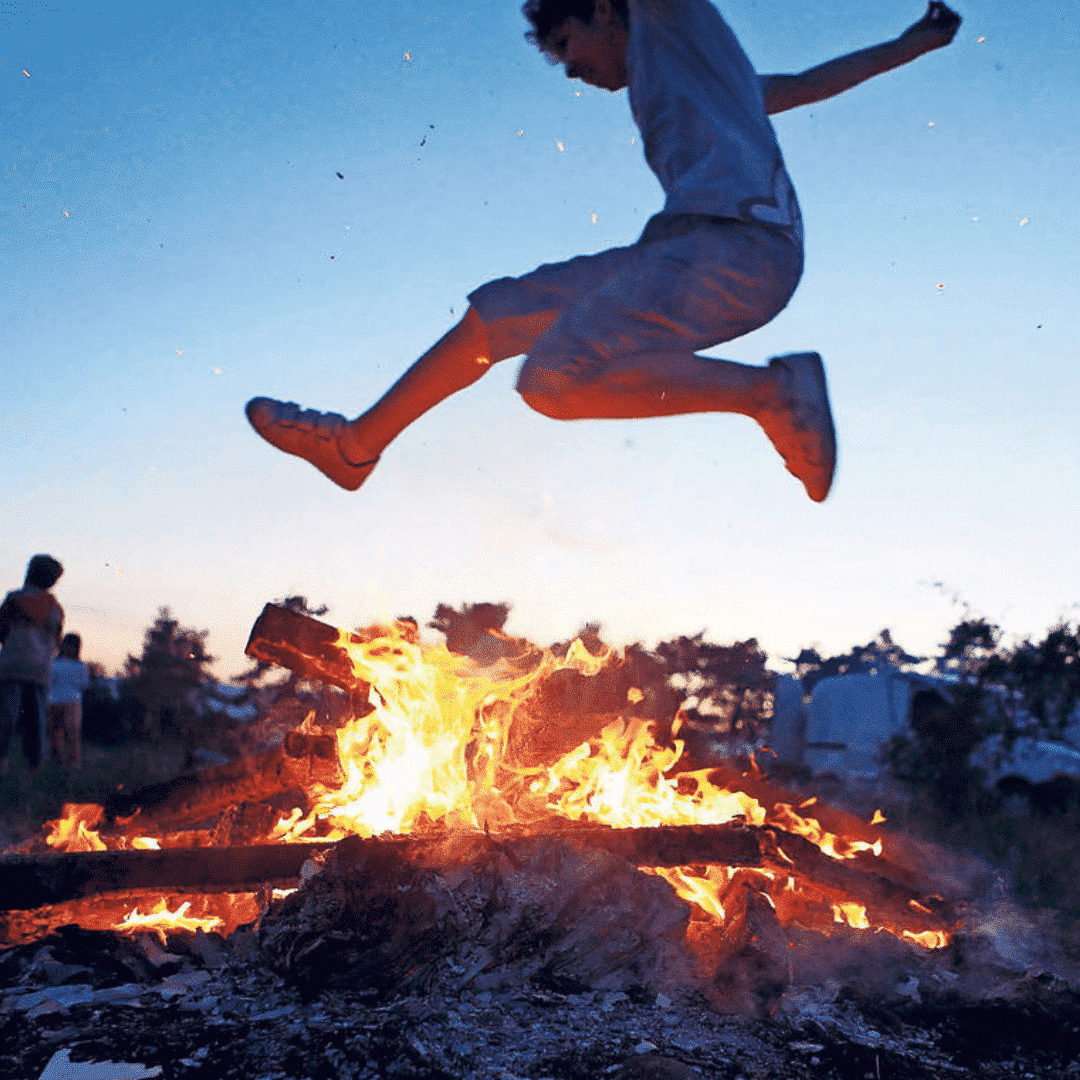
The night of San Juan is vital throughout Spain and in other parts of the world such as South America, and dates back to a tradition of thousands of years.
Legend has it that fire drives away evil spirits and purifies our souls.
Tonight the beaches are filled with bonfires, music and people dancing around them.
The atmosphere of the city is filled with hope and dreams.
It is a night full of happiness and magic, where we all put our best intentions at the hands of the sea, the sun and the horizon.
The noise, the desire, the firecrackers and the songs fill the night with thunder.
Origins of the night of San Juan
The night of San Juan is one of the most anticipated of the year, and althoughits origins are uncertain, it is very possible that they can be found in the solar cults celebrated by different cultures for thousands of years.
To understand it better, we have to talk about the shortest night of the year, which is June 21: in the ancient tribes they told the legend that the Sun was in love with the Earth and that for that reason it refused to leave it. And it was the explanation given to the phenomenon of the summer solstice.
Rituals were held that day, fire was lit and water was drunk to obtain good harvests and ward off evil spirits.
Though long after, with the arrival of the Christianitybegan to celebrate something similar but three days later: in the Bible it is said that Saint Zacharias, husband of Saint Elizabeth, cousin of the Virgin Mary and mother of Saint John the Baptist, ordered a bonfire to be lit to announce the birth of his son
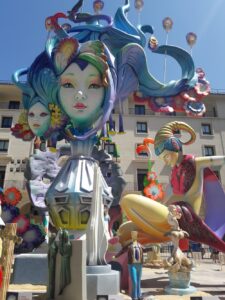
San Juan today: the Bonfires of Alicante
This tradition has come practically intact to this day.
Although we have not always been lucky enough to be able to celebrate it, it has been persecuted for years, especially in Alicante, where the first official Nit del Foc was held in 1928 before the party was persecuted by the politicians of the time, with a curfew included.
And in this town they wanted to do something similar to the Fallas of Valencia: they create ”ninots”, dolls, beings, that symbolize some current issue or situation, many of which usually carry a message of social criticism. These are burned giving rise to bonfires.
In Alicante the party is lived even more: it is a week where the sound, the good atmosphere and the party flood its streets, which are filled with colours, illusion and grace with their ninots.
And they say that this holiday has become pagan again as the first summer solstice party: what matters, what is celebrated is the arrival of summer, the longing for freedom and vacations, and the hope that everything will turn out well.
For this reason, the most common thing is to go to the beach, light your bonfire, have dinner with your loved ones and at 12 o’clock at night dip your feet in the water and make a wish.
The bonfires throughout the peninsula
Although we are talking about the Valencian Community as the main axis of this celebration, in other places in Spain they live it in their own way: in Catalonia or the province of Valencia not only bonfires are lit, but these are accompanied by the launching of firecrackers and pyrotechnics. In Extremadura, and as part of its Moon to Fire Festival, the so-called “living chess” of Zafra is staged, while inMenorcaa great equestrian show is held. In Alicantethe Bonfires of Alicante are celebrated, where ninots made for the occasion are burned, while in Andalusia they burn a doll that in Cádiz they call Juanillo.
So if you are in Spain, enjoy this night of heat and fascination full of illusion on the beach.
Do you already know where you are going to celebrate it?
PS: In Valencia, the Malvarrosa beach is the most crowded and insecure if you go with your family, it is best to go to Patacona or Saler, try to leave the main beaches of the city as you will find a large congregation of people , and what we want is spirituality, liberation and tranquility.



